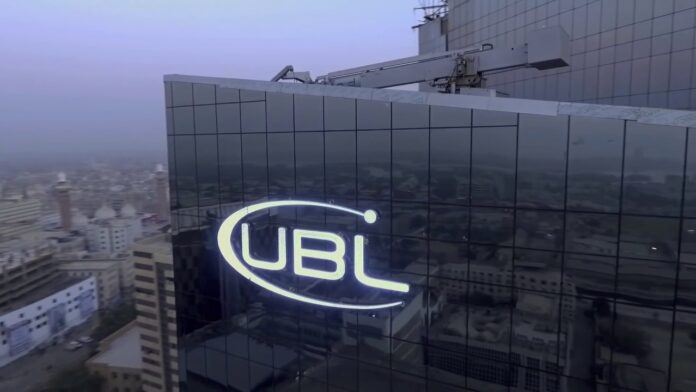UBL is the first bank in Pakistan who has partnered up with Gemalto, Visa and 1LINK to launch digital payment through tokenisation on the UBL Digital App.
The aim is to offer traditional payment services into convenient, secure and rewarding digital payment experiences. With this ambition in mind, UBL will enable its customers to enjoy the freedom and convenience of secure payments, via the bank’s existing smartphone app by using Gemalto TTR (TSH – Token Requestor) based on HCE (Hosted Card Emulation) technology.
HCE is a technology that emulates a payment card on a mobile device. Tokenization replaces sensitive payment account information found on payment cards, such as the 16-digit account number, with a unique digital identifier called ‘token’, that can be used safely on smart phones or any device used to make a payment. The token allows the payments to be processed without exposing the actual card data which can be otherwise potentially compromised.
UBL Innovation & Digital Transformation Head Muhammad Hamayun Sajjad emphasized, “This technology enables our customers to digitize their physical debit & credit card on Android handsets using UBL digital mobile App. The App will enable swift and straightforward frictionless payments throughout Pakistan – The benefits include advance security & data protection minimizing risk of card or personal details being hacked.”
UBL Digital Banking Group Executive Sharjeel Shahid on the occasion said, “We are making sure that with UBL Digital App we provide world class services to our customer base. Contactless transactions will provide seamless convenience & will further flourish the Digital payments in Pakistan. Innovation is at the core of everything we do. As a leading bank in Pakistan – we strongly believe that digitization of economy can be accelerated with initiatives like these.”




